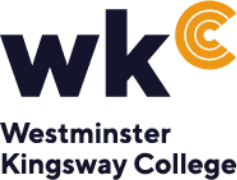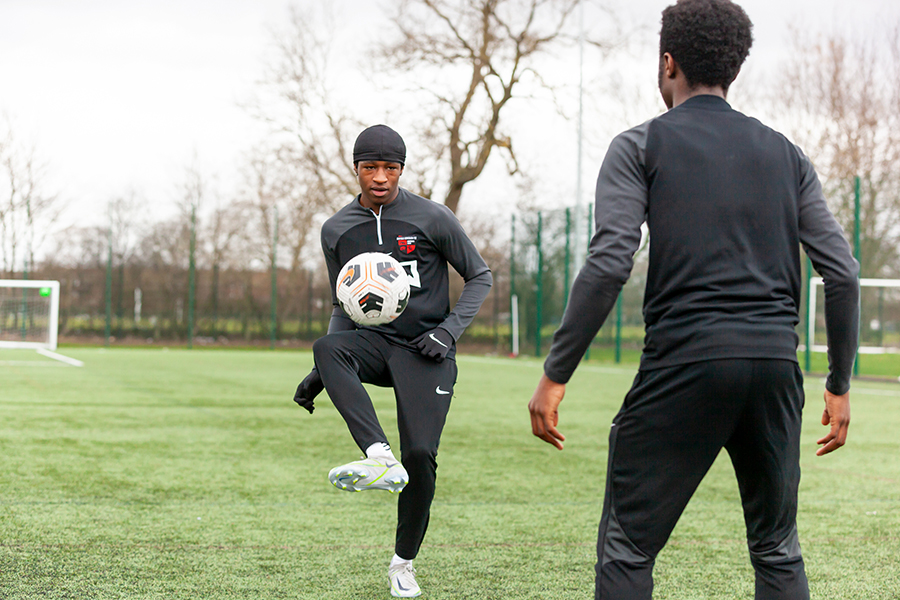
Sports Coaching and Development - Level 3 Extended Diploma


ABOUT THE COURSE
The sports sector is a fast-growing industry. It is currently worth £39 billion to the economy and continues to grow annually. Coaching is an area that continues to expand, with up to 3.1 million adults in England estimated to have coached sport or physical activity in the previous 12 months, providing 7.6 million coach-led participation experiences per week.
Designed for post-16 learners aspiring to enter the coaching and development sector, this qualification serves as a direct pathway to self-employment as a coach. With a diverse range of optional content, the course provides flexibility, enabling learners to broaden their horizons and explore various higher education opportunities. Whether you're looking to kickstart your coaching career or pursue further studies, this qualification offers a solid foundation for those seeking a dynamic and versatile entry point into the field.
This is a two-year programme, learners undertake the National Foundation Diploma in year 1 and then progress on to the Extended Diploma in year 2.
Extended Diplomas have two one-year programmes. You need to finish the first year before moving on to the second.
WHAT WILL I STUDY?
This qualification, developed in consultation with employers and professional bodies, is a career-focused program with industry endorsement and accreditation. It prepares post-16 learners for direct entry into employment in sports coaching roles, ensuring content alignment with current industry practices. Higher education institutions have been involved to facilitate progression for those aspiring to advanced studies.
Endorsed by the Chartered Institute for the Management of Sport and Physical Activity (CIMSPA), this qualification is fully mapped to CIMSPA's professional standards of 'Assistant Coach' and 'Safeguarding and Protecting Children.' CIMSPA's endorsement enables learners to apply for membership, recognized by employers for entering employment as assistant coaches. The course, exemplified by assisting in multi-skills sports activities in schools and leisure centres, includes mandatory units focusing on careers in the sports industry, health, well-being, and sport, along with developing coaching skills. This comprehensive program integrates technical coaching skills with essential industry knowledge, preparing learners for practical application in the sports coaching sector.
WHAT WILL I NEED?
You will need:
- Five GCSEs at grade 4 or above, including English Language, Maths and Science or PE or an equivalent Level 2 qualification at Merit (and Functional Skills in English and Maths at Level 2/GCSE English Language and Maths at grade 4 or above)
All applicants must have an interview and assessment to confirm that the course is suitable for them.
HOW WILL I BE ASSESSED?
Assessment is continuous throughout the year through completing written assignments and projects as well as performing practical work that is assessed internally within the college. There will also be some written examinations, assessed externally via Pearson, the BTEC awarding body.
WHAT WILL IT COST?
Aged 16-18
If you will be aged 16, 17 or 18 on 31st August prior to the start date of your course and you have the legal right to remain in the UK for the duration of your programme then your study with us will be free. Please see here for the documents you will need to show us.
Some courses will have other associated costs, such as for specialist materials and trips. Many of our students are eligible for financial support, see here for details.
WHAT CAN I DO AFTER?
Assistant Coach: The Pearson BTEC Level 3 in Sports Coaching has a primary focus on progressing to employment as an assistant coach.
Personal Trainer/Fitness Instructor: These professionals work with individuals to help them achieve their fitness goals, develop exercise plans, and monitor their progress. A degree or certification in exercise science, kinesiology, or a related field is usually required.
Strength and Conditioning Coach: Strength and conditioning coaches work with athletes to improve their strength, power, and endurance. They may also develop training programs for non-athletes looking to improve their fitness. A degree or certification in exercise science, kinesiology, or a related field is typically required.
Fitness Director/Manager: Fitness directors/managers oversee fitness facilities, gyms, and programmes, manage staff, and ensure equipment is maintained and safe. A degree in exercise science, business, or a related field is typically required.
These are just a few examples of the many careers available in sports and exercise science. They involve education, qualifications, and work settings that can vary widely, so it's important to research and explore different options to find the right career path for you.


